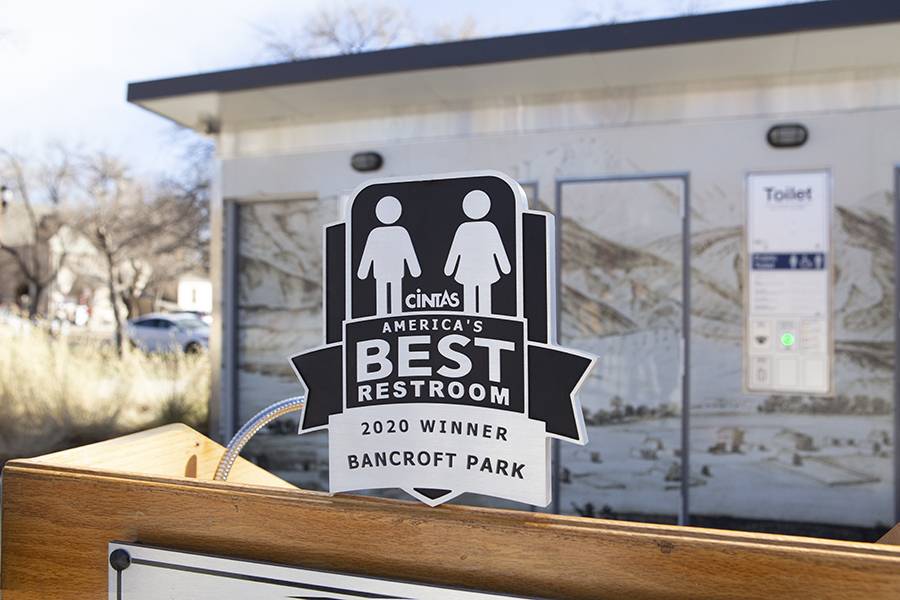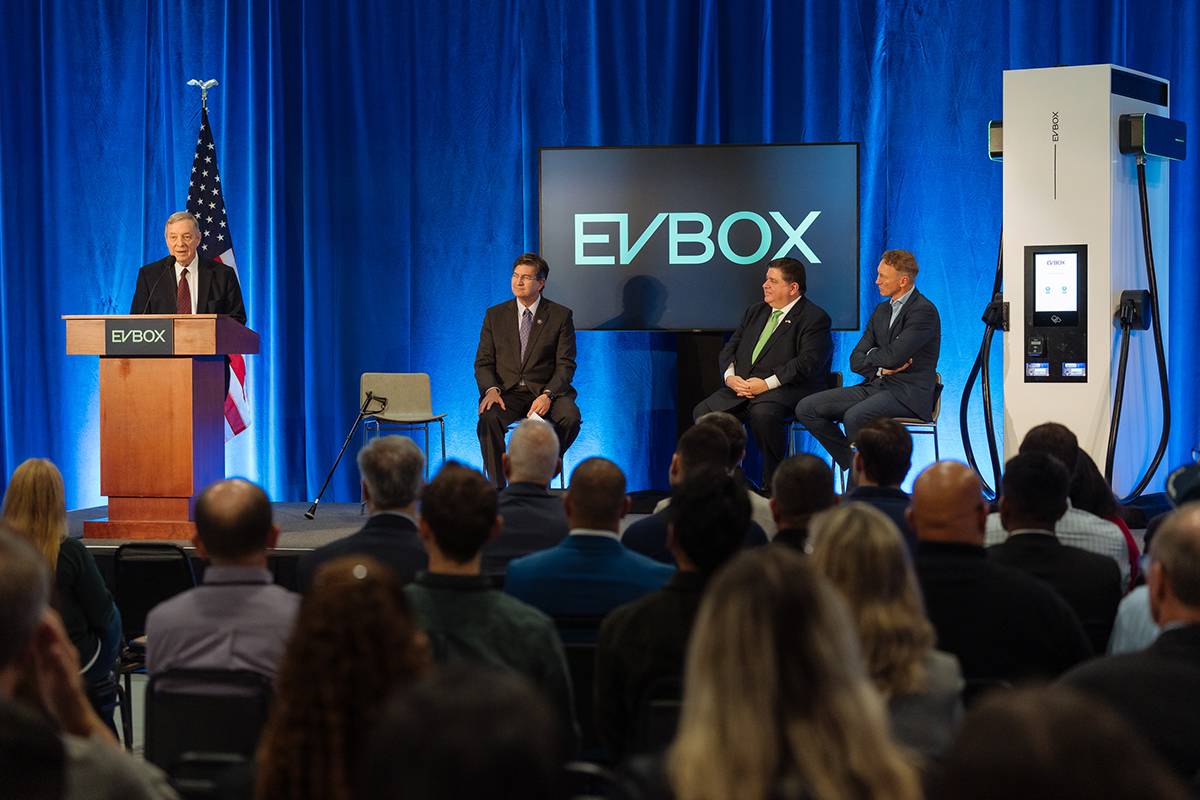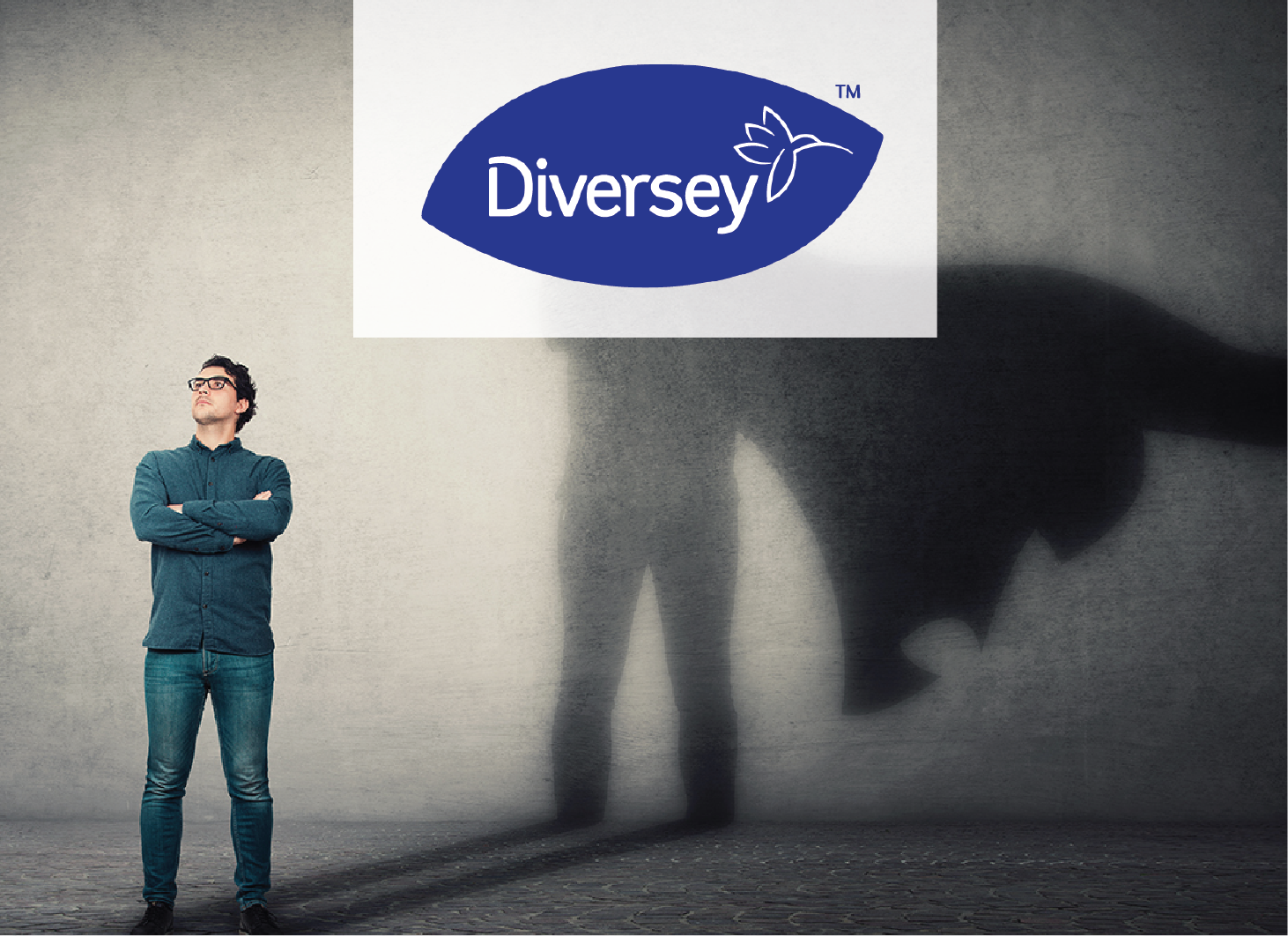“Mulberry has been our PR agency for 10 plus years. They’re proactive, strategic, and most importantly, get great results. Their team has a deep understanding of our business, and they’re a great group of people to work with day in and day out.”



People are at the heart of business. Your customers’ businesses. Your business. And ours. That’s why we help our clients by making business-to-business personal. We treat B2B decision makers as people, not leads. As people who respond to stories that connect, inspire, educate and entertain. By making business-to-business personal, we help our clients win business and create lifelong customers.




Have a project coming up or wondering how we might approach your company’s needs? Drop us a line and let’s see if we’re a good fit for you and your brand.
OH HEY, MULBERRY